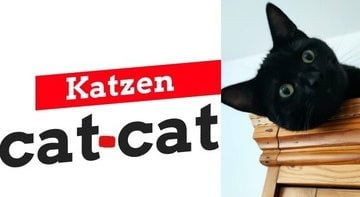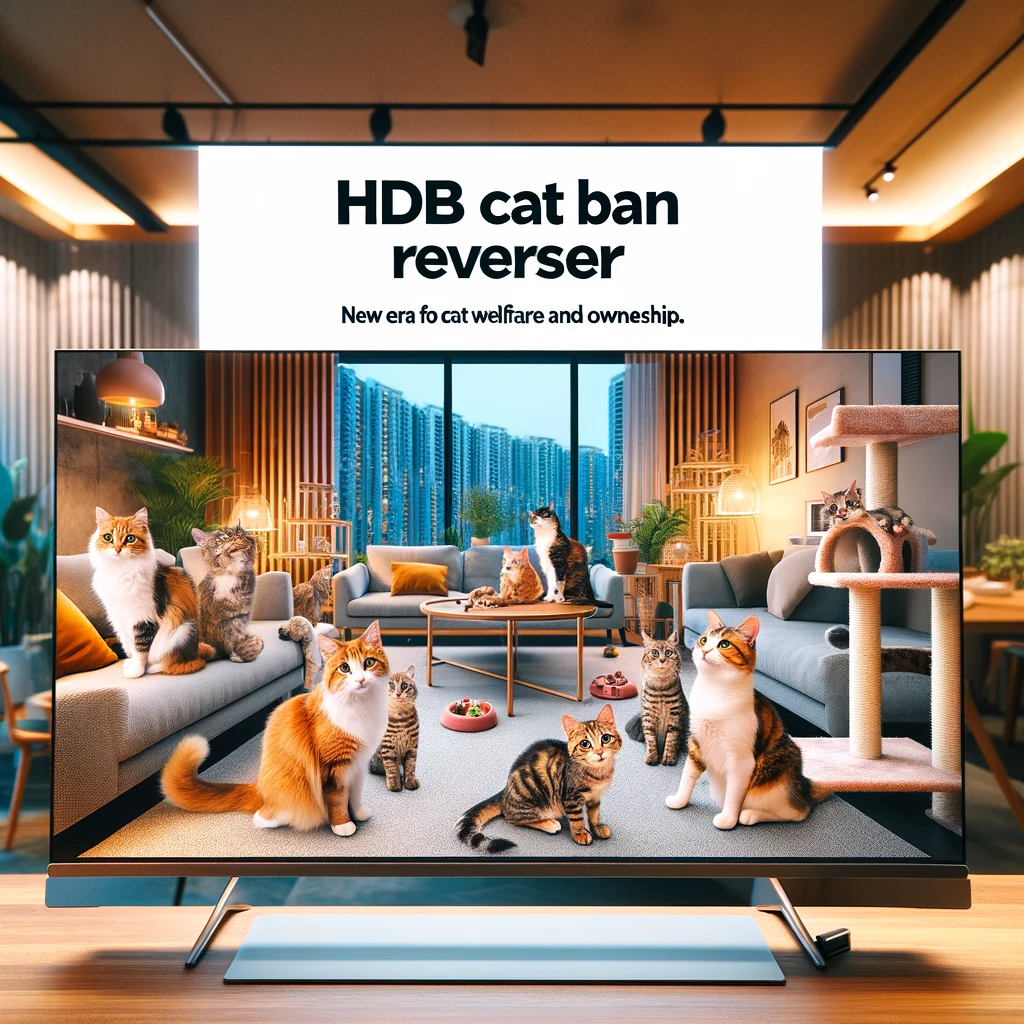“Affiliate Disclosure: Please note that some of the links on this website are affiliate links. This means that if you choose to make a purchase through these links, we may receive a small commission at no additional cost to you. This helps support the maintenance and continuation of our site. We assure you that we only recommend products or services we use personally or believe will add value to our readers. Thank you for your support.”
Calling all cat lovers! We have some exciting news that could transform the lives of our feline friends and their devoted owners. On December 2, 2023, Senior Minister of State for National Development Tan Kiat How announced a proposed cat management framework by the National Parks Board’s Animal and Veterinary Service (AVS). This framework aims to reverse the decades-long ban on keeping cats in Housing and Development Board (HDB) flats. This move is a significant and progressive step towards creating a more inclusive and harmonious living environment for cat owners and their neighbors.
While the current ban has been in place for over thirty years, it’s well understood that any issues caused by cats stem from irresponsible ownership. Responsible cat owners ensure their cats are neutered, cared for within their homes, and do not cause disturbances. The real problem lies with owners who allow their cats to roam freely and leave them unsterilized, leading to caterwauling and marking. Recognizing this, enforcement actions have typically targeted irresponsible owners.
This new proposal is a major stride in legitimizing responsible cat ownership with clearly established baseline conditions. The mandatory microchipping and licensing regime proposed in the framework will enhance traceability and accountability, which groups like the Cat Welfare Society (CWS) have long advocated for. Keeping cats indoors and preventing unsupervised roaming will also reduce the risk of unnecessary injuries or loss of life.
What This Means for Cat Lovers
Understanding the implications of this proposal is crucial for every cat lover. Here are some key points that need further consideration:
Sterilization Must Be Mandatory
While sterilization is encouraged and incentivized, it is not mandated and remains absent from the AVS’ list of proposed conditions. This is a missed opportunity to significantly improve welfare standards for pet cats and reduce the resource burden on authorities, animal welfare groups, and individual caregivers. Sterilization offers numerous health benefits, prevents overpopulation, and minimizes behaviors such as caterwauling, roaming, and spraying.

Permit for Fosters
A separate permit is needed for individuals who foster cats in their homes. Foster caregivers play a crucial role in Singapore’s cat ecology, providing care for cats in need of rehoming or medical attention. Their contributions must be recognized and protected. Stakeholders, including CWS, are set to work with AVS on developing the parameters for such a permit.
Threshold Numbers
The proposed limit of two cats per HDB flat and three per private residence raises questions. A CWS survey shows that most cat owners in HDB flats have three or fewer cats. Adjusting the threshold to three cats for all homes could reduce the burden on enforcement personnel and remove the disparity between public and private housing.
During the transition period leading up to the formal overturning of the ban, clear communication from authorities is essential to prevent panic and potential pet abandonment. Authorities must assure cat owners that adherence to licensing conditions allows for keeping more than the threshold number of cats. Extensive engagement through various touchpoints, including residents’ committees, social care workers, and friends, can help inform and assist cat owners.
Pet Ownership Course
The content of the proposed pet ownership course, currently under development by AVS, is another crucial aspect. This course should ensure that both adopted and purchased pets receive the same level of commitment and care from their owners. Pet ownership is a significant responsibility, and a standardized course can help new owners understand the long-term commitment required.
A Call to Action
We are on the brink of significant changes that will enhance the welfare of both cats and their owners. Cat lovers, now is the time to make your voices heard! Participate in the survey conducted by the National Parks Board to ensure a meaningful starting point for these new policies. Together, we can create a brighter future for our feline friends.





